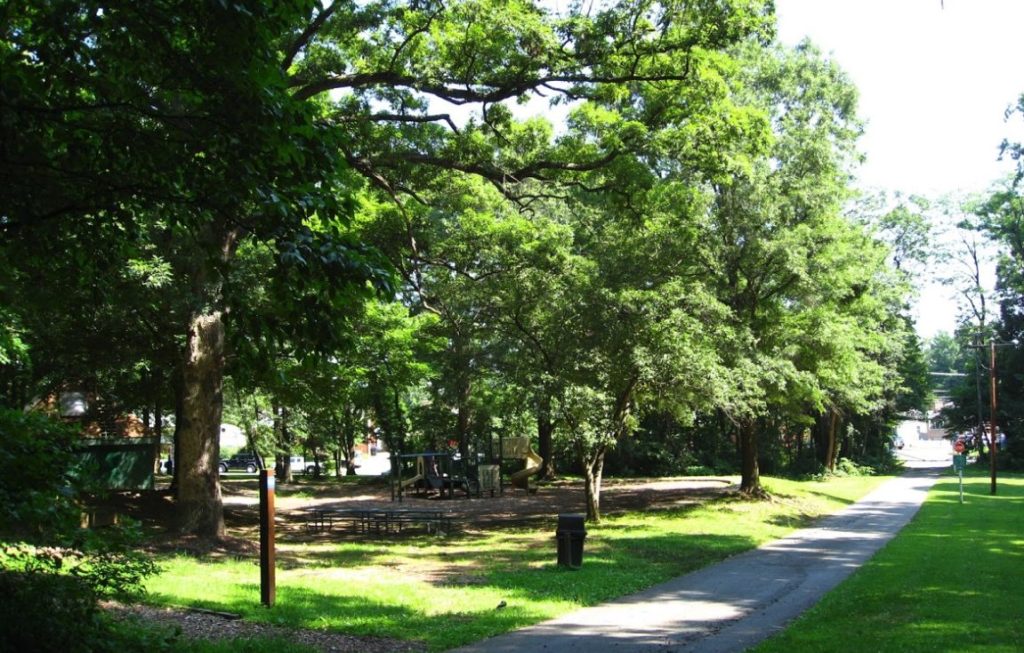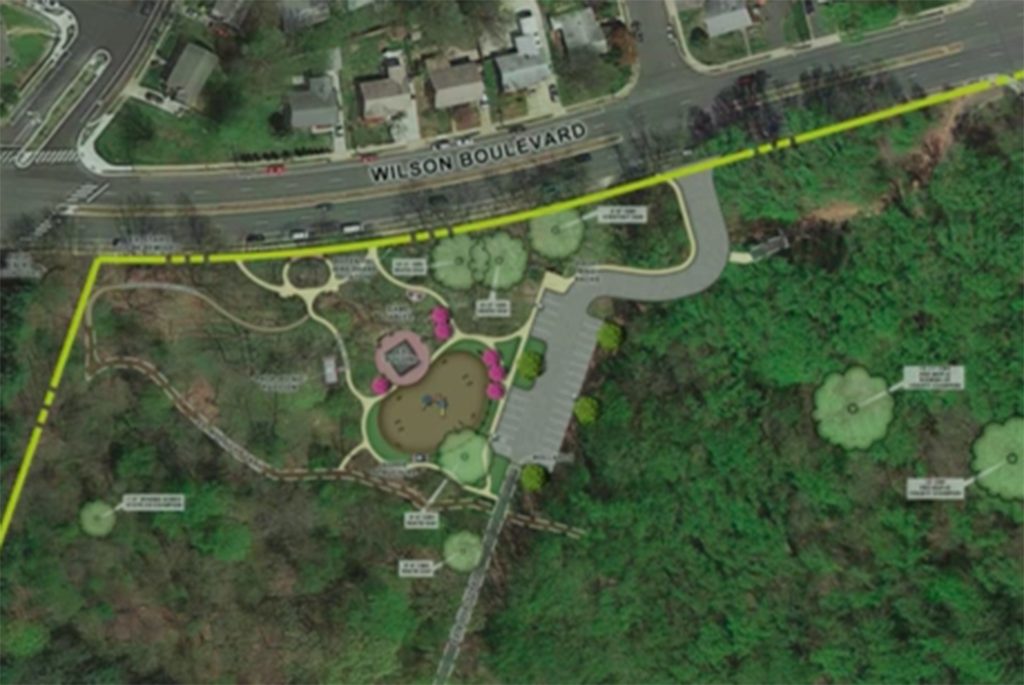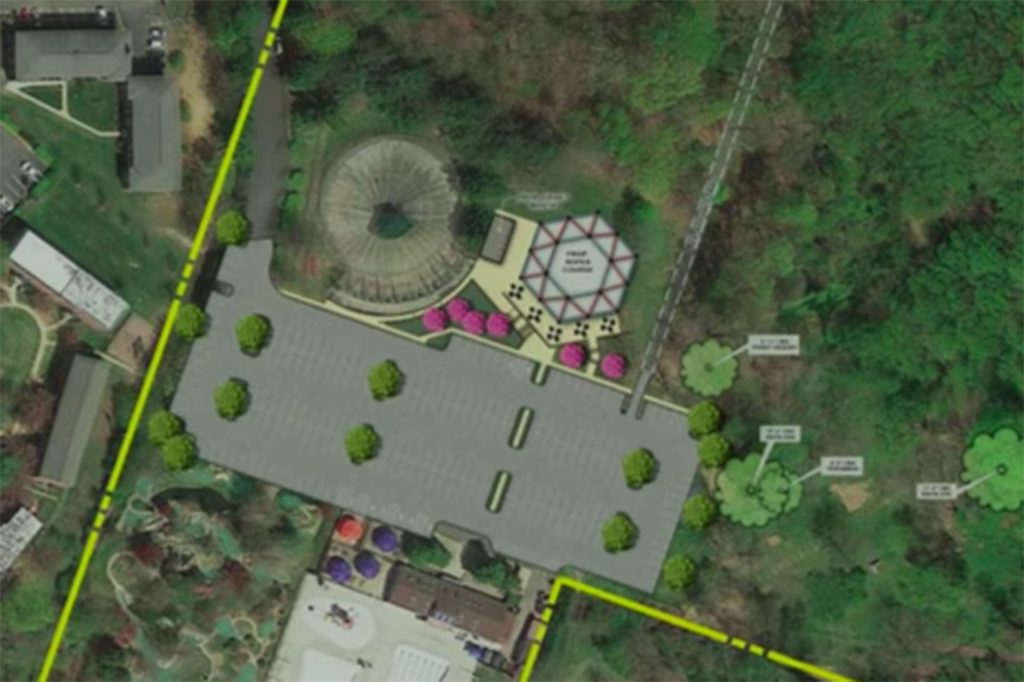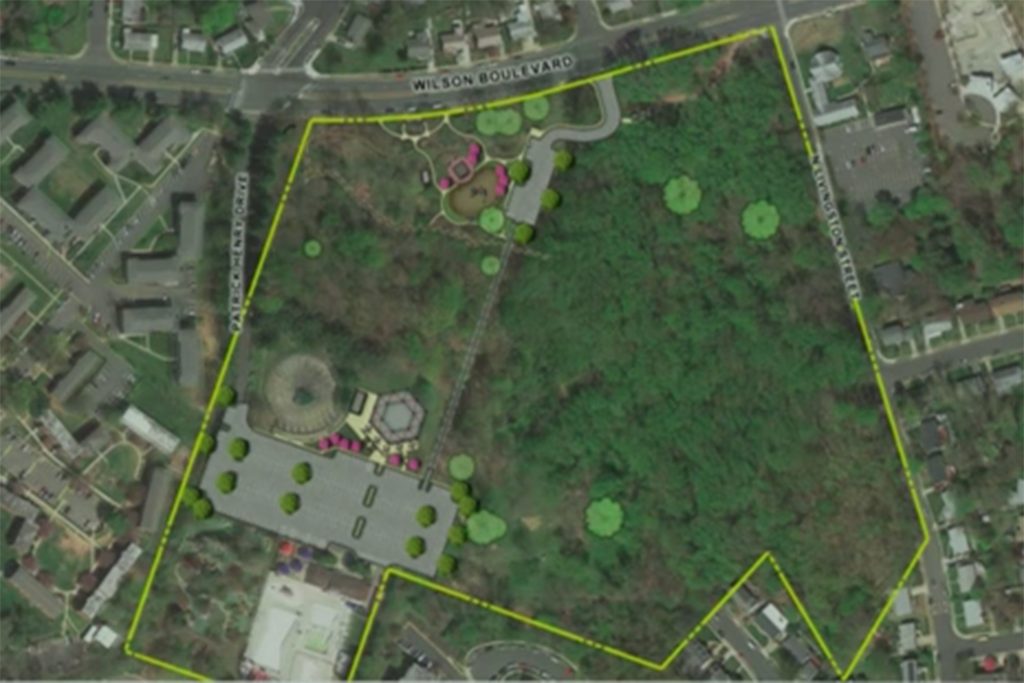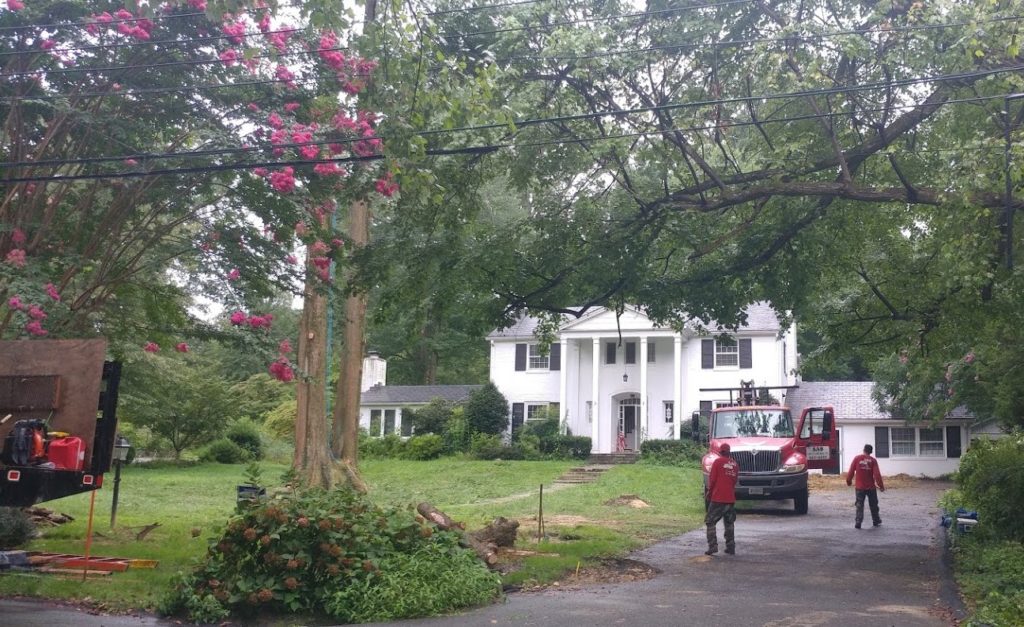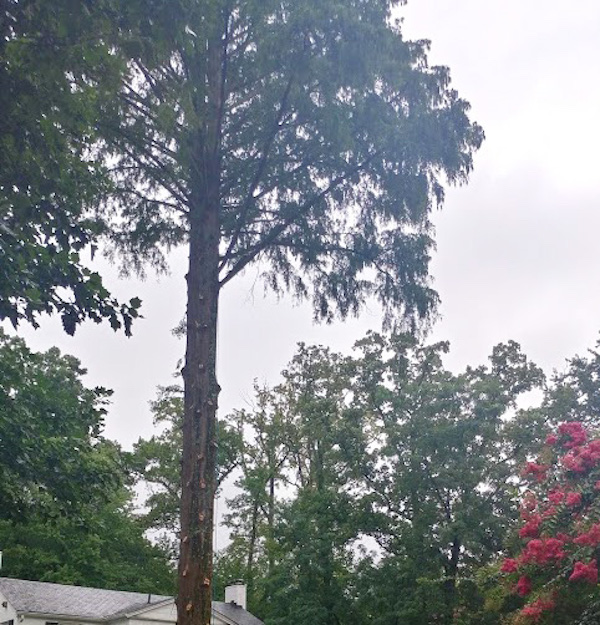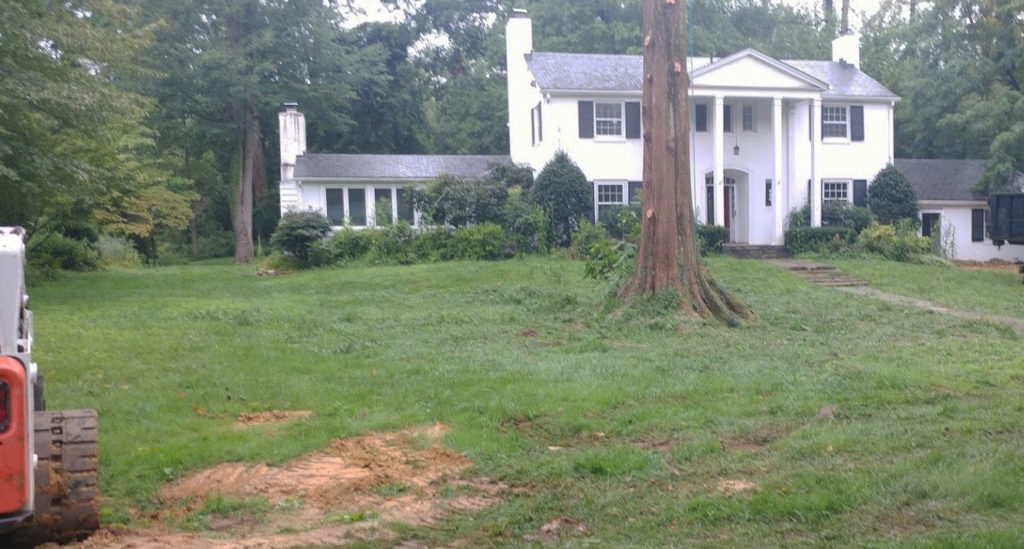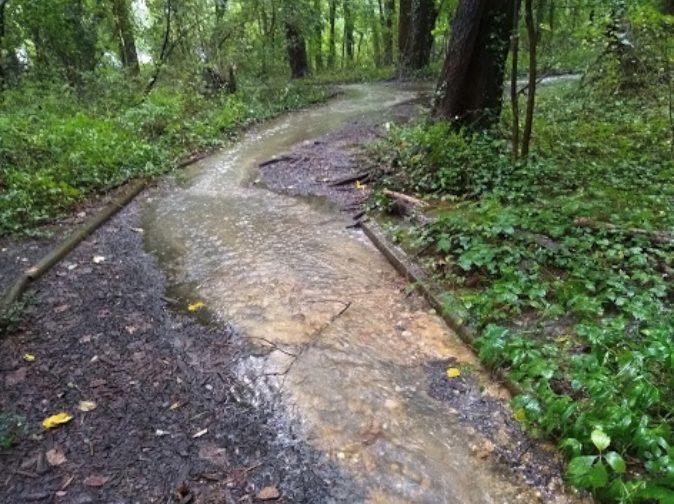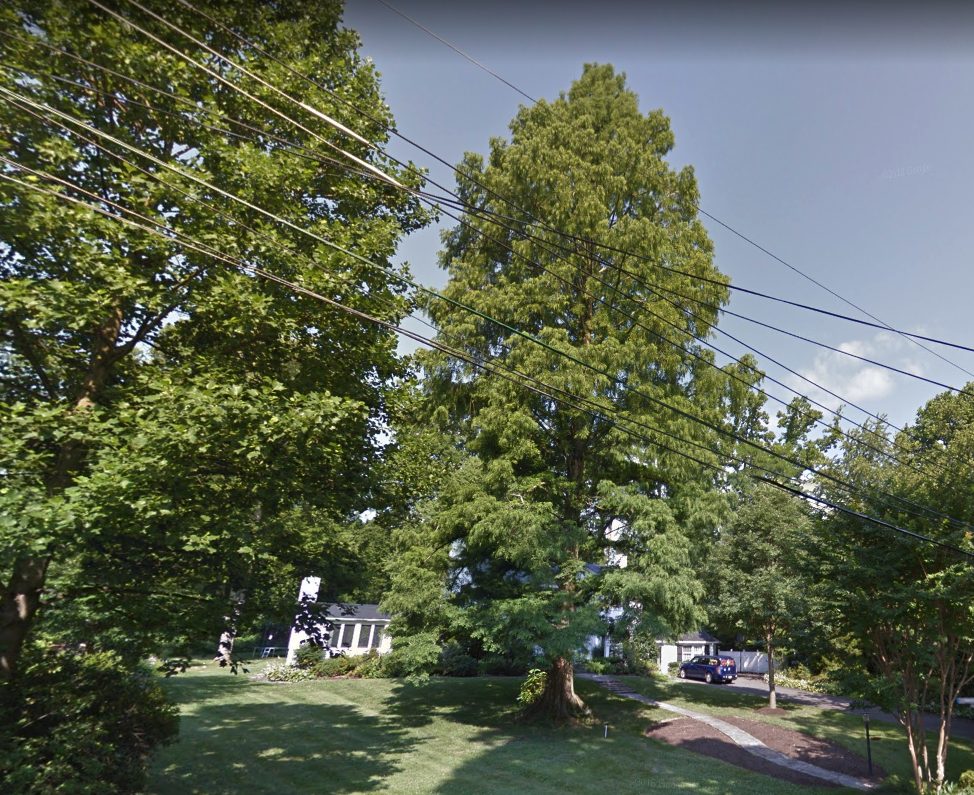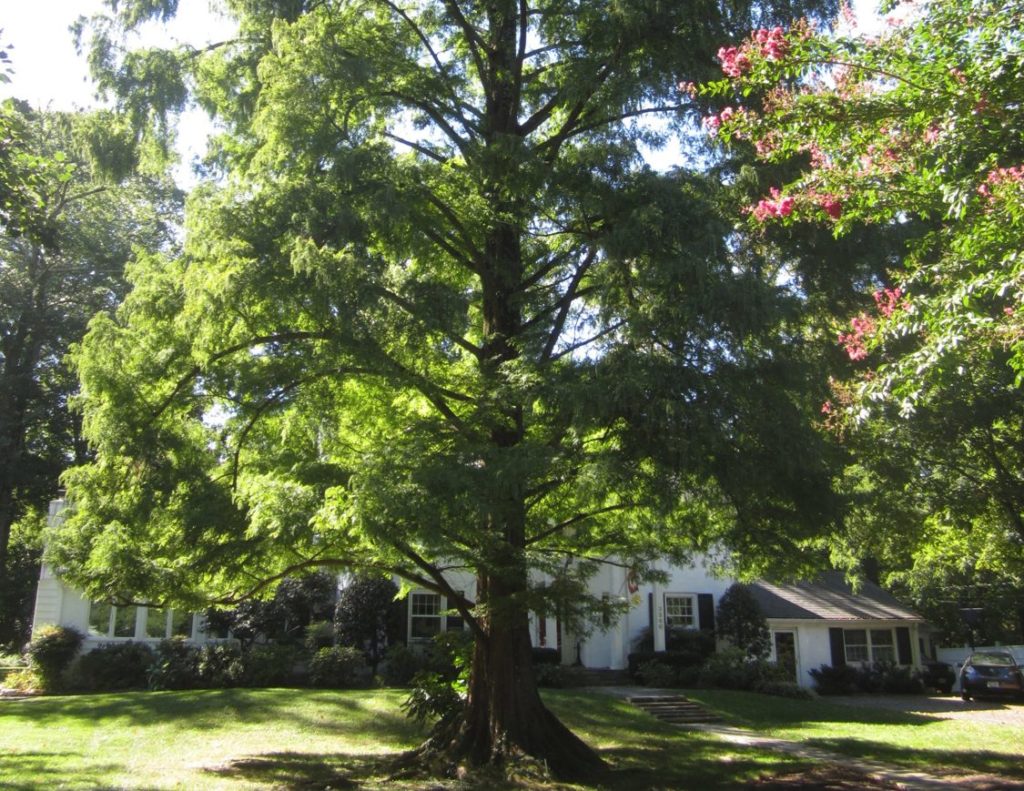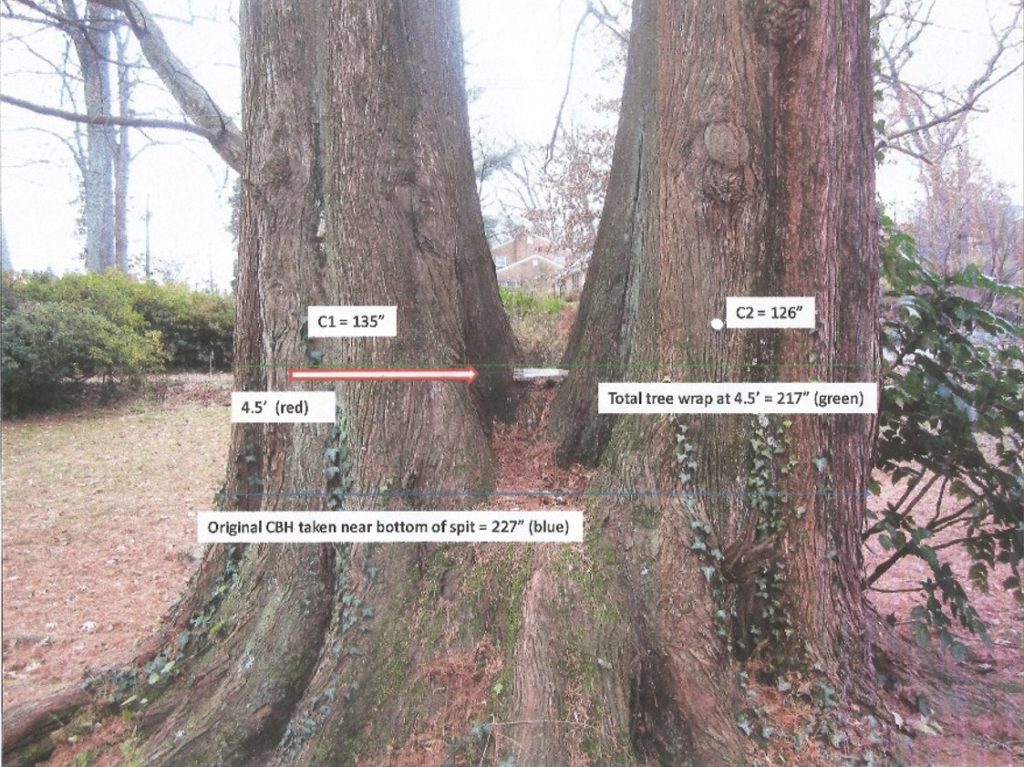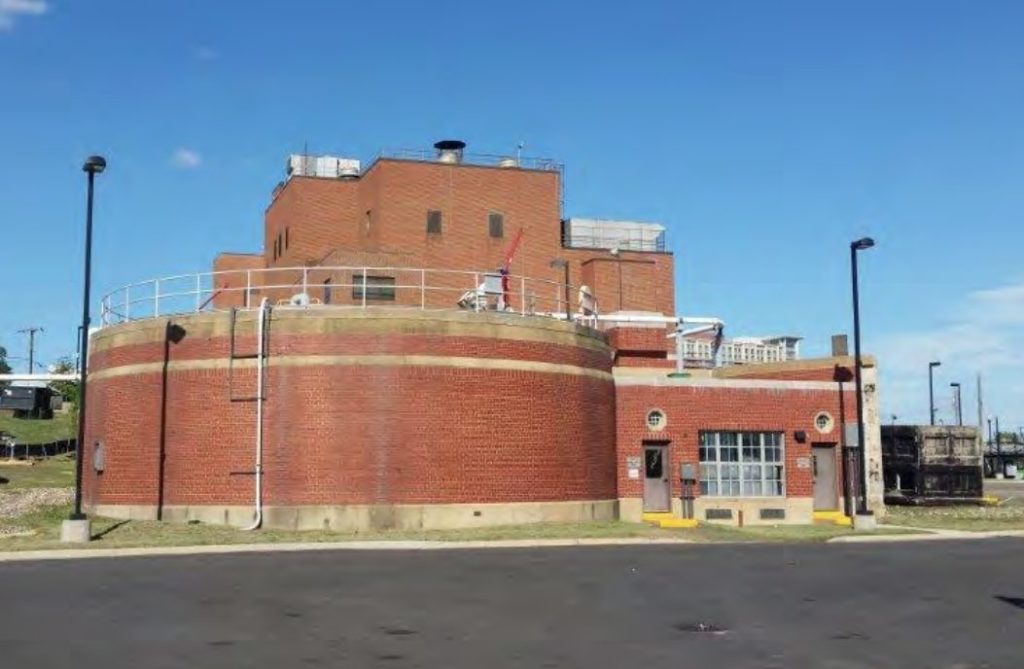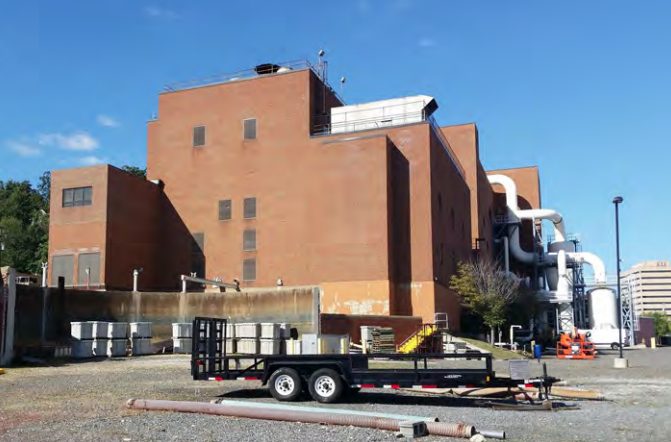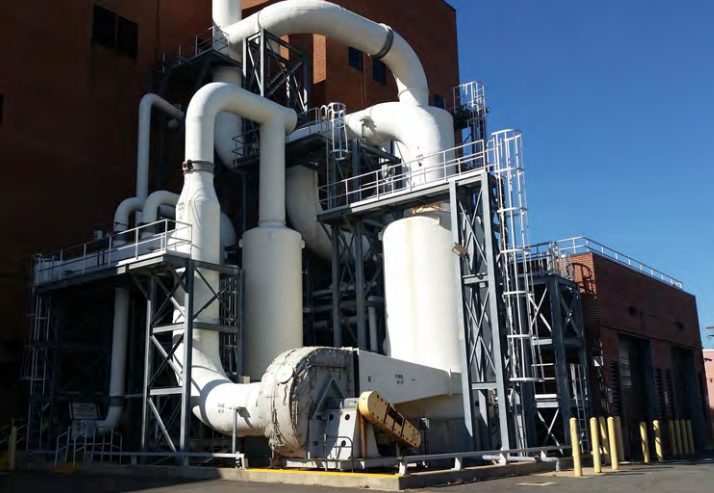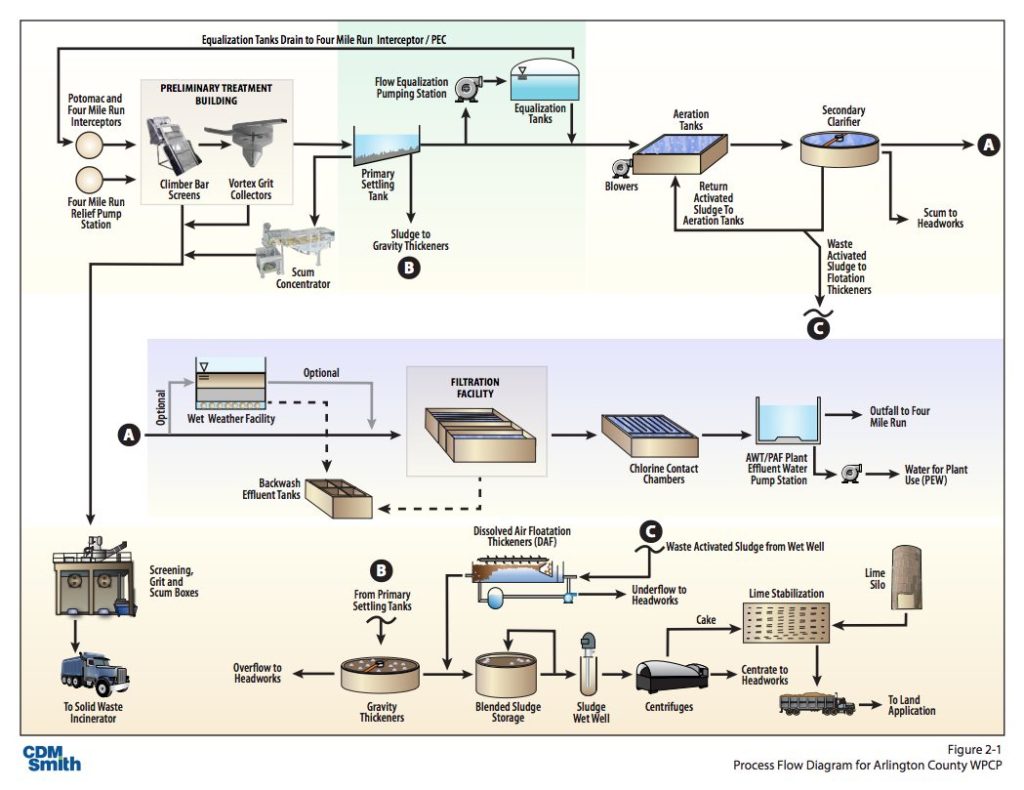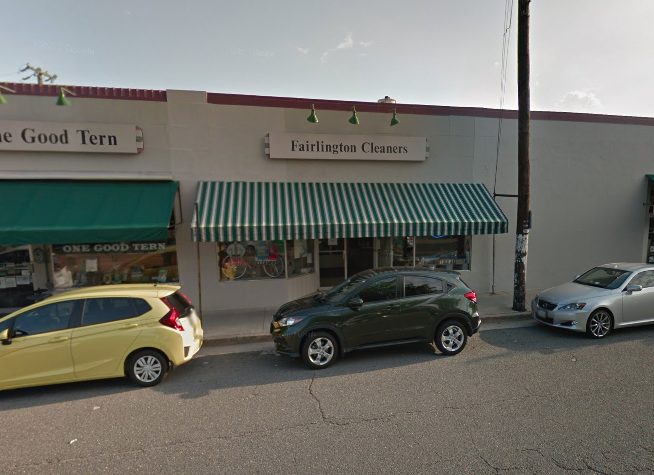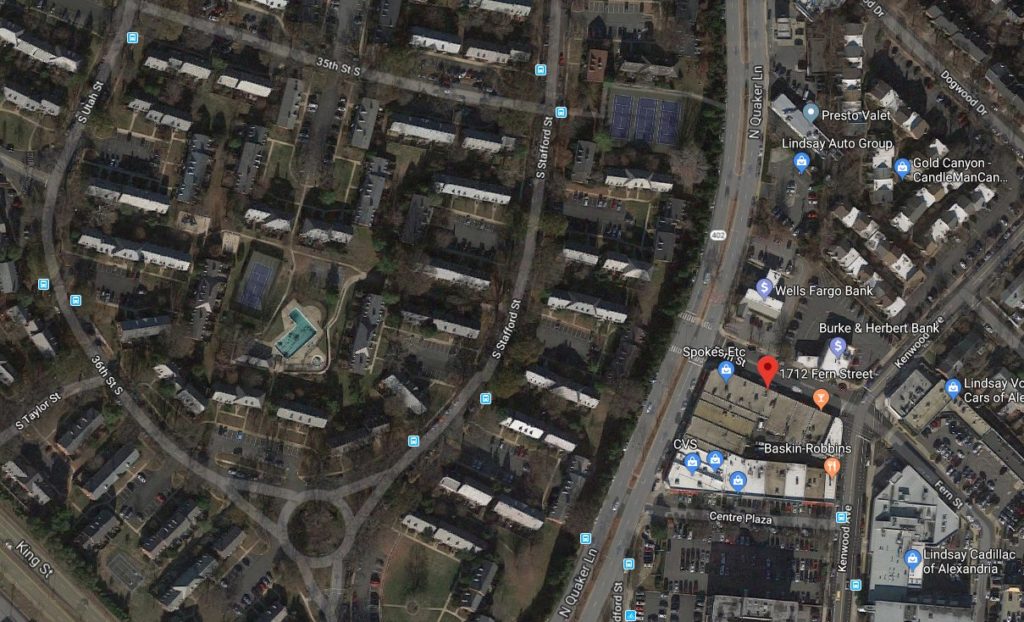Planners say they hope to save dozens of trees originally slated to be cut down as part of an overhaul of Upton Hill Regional Park, a move viewed by environmental advocates as a small, but meaningful concession to their concerns about changes at the park.
NOVA Parks, the regional body that manages Upton Hill, wrote in a letter to the county’s Urban Forestry Commission last week that it hopes to save as many as 49 trees on the site, nixing plans for a new parking lot in the park’s lower half and new vehicle entrance from Wilson Blvd.
As many as 115 trees were originally set to be chopped down at the park, located at 6060 Wilson Blvd near Seven Corners, when a $3 million renovation of Upton Hill gets moving later this year. That’s prompted some fierce pushback from neighbors and conservationists alike, who have rallied to reverse what they see as a blow to the county’s tree canopy and stormwater management.
Even though the County Board won’t have any direct say on the project’s design, the outcry convinced the Urban Forestry Commission to pen a letter to the Board about the project on Aug. 29.
Paul Gilbert, the executive director of NOVA Parks, wrote back on Sept. 6 to say that his staff had managed to make some changes to save 35 living trees and 14 dead ones on the property. Rather than building a new parking lot, he plans to create more handicapped-accessible street parking spaces, while also making street parking on Wilson Blvd “time-limited during the day.”
“This change will allow us to achieve the goal of a more inviting lower park area that the Civic Associations had requested, while eliminating the lower parking lot and vehicular access off Wilson Blvd,” Gilbert wrote. “The Upton Hill Improvement Plan is a win-win for both the natural resources and active users of the park.”
A group critical of the park’s redevelopment known as the Friends of Upton Hill hailed those changes in a Sept. 9 email to supporters, attributing it to mounting “public pressure and scrutiny” of the plans. Local environmental activist Suzanne Sundberg was also cautiously optimistic.
“Is the current plan ideal? No,” she told ARLnow. “Is it enough to prevent increases in runoff and erosion down that hill? Probably not. But it is an improvement. And I’m grateful for any improvements to a plan that is about as ill-conceived, wasteful and destructive as it could possibly be.”
Both Sundberg and the friends group are also anxiously awaiting the formal release of NOVA Parks’ newly revised tree removal plans. For instance, Sundberg is suspicious that “possible other trees not on the existing removal list are now being counted as ‘saved’ to make the numbers appear better.”
“For example, trees less than three inches in diameter at breast height were not included in the existing tree-removal plan/list, even though they, too, would have been removed,” Sundberg said. “I have to wonder whether some of these ‘saved’ trees might actually represent some of these smaller ones not originally identified.”
The friends group also expressed hope that some three mature maple trees near the lower playground set to be renovated — previously described by Boulevard Manor Civic Association President Chris Tighe as “something out of a Stephen King horror movie” — will also somehow be saved.
“It would also be tough for kids to enjoy the new playground equipment while being baked in the hot summer sun,” Josh Handler, a lead backer of the group, wrote in an email. “Reasonable alternatives to the playground renovations would preserve at least some of the existing trees — if NOVA Parks chooses to be flexible.”
Handler reiterated in the email that his concerns linger about how the removal of so many trees in favor of a new parking lot in the park’s upper half will impact stormwater on the site. But Gilbert believes that a cistern built underneath the new lot will adequately address those worries, arguing in his letter that the lot will “far exceed county building standards.”
“Upton Hill has long been a park with a combination of great natural resources and popular features for the public,” he wrote. “This balance will continue with these improvements, making for a great urban park.”
Ultimately, plans call for a new oak/hickory forest at the park, as well as a ropes course, renovated restrooms and a new ticket booth for its batting cage.


